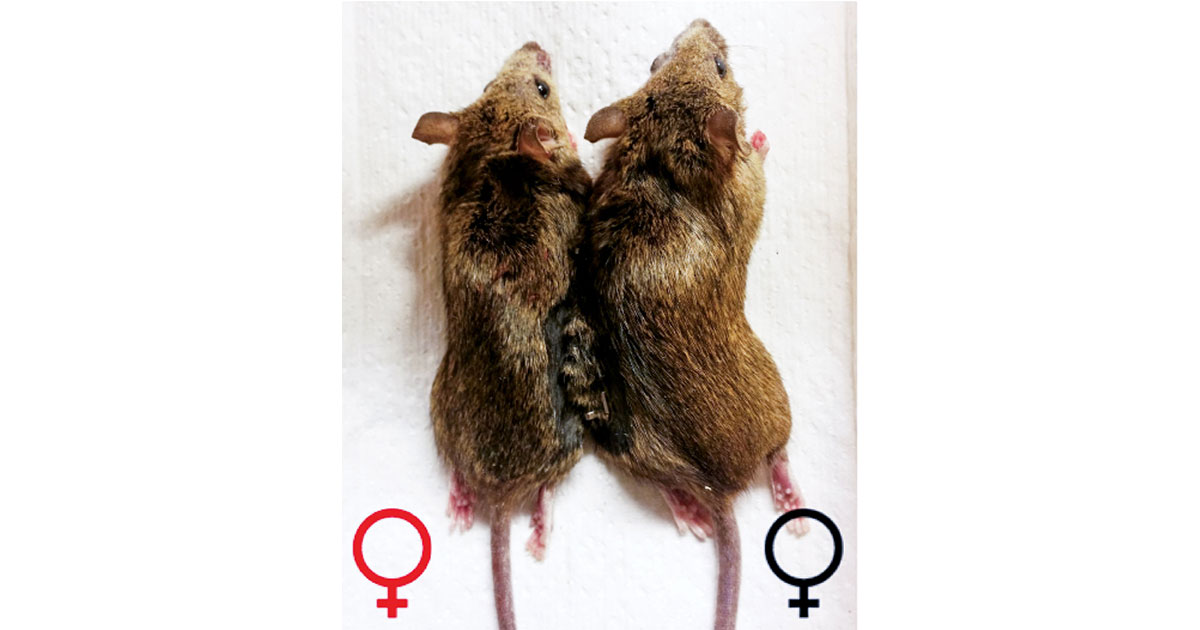Advertisement
Grab your lab coat. Let's get started
Welcome!
Welcome!
Create an account below to get 6 C&EN articles per month, receive newsletters and more - all free.
It seems this is your first time logging in online. Please enter the following information to continue.
As an ACS member you automatically get access to this site. All we need is few more details to create your reading experience.
Not you? Sign in with a different account.
Not you? Sign in with a different account.
ERROR 1
ERROR 1
ERROR 2
ERROR 2
ERROR 2
ERROR 2
ERROR 2
Password and Confirm password must match.
If you have an ACS member number, please enter it here so we can link this account to your membership. (optional)
ERROR 2
ACS values your privacy. By submitting your information, you are gaining access to C&EN and subscribing to our weekly newsletter. We use the information you provide to make your reading experience better, and we will never sell your data to third party members.
Biological Chemistry
Predocs Receive Medi Fellowships
September 19, 2005
| A version of this story appeared in
Volume 83, Issue 38
Seven students have received ACS Division of Medicinal Chemistry 2005 Predoctoral Fellowships. Each student will receive $22,000 toward graduate studies during the 2005-06 academic year. Recipients and their research areas are listed below.
Emily C. Dykhuizen, a University of Wisconsin, Madison, graduate student in Laura L. Kiessling's lab, is working on developing a thiazole-based combinatorial library to find specific inhibitors of glycosyltransferases using a general high-throughput assay. Dykhuizen received her B.A. in biochemistry and molecular biology from Reed College, Portland, Ore., in 2001. Her fellowship is sponsored by Novartis.
Grant D. Geske graduated from St. Norbert College, De Pere, Wis., in 1998 with a B.S. in chemistry. He then went to Utah State and got a master's degree in computational chemistry in 2000. From 1999 to 2003, he worked for a small synthetic house, Frontier Scientific, specializing in the synthesis of boronic acids. In 2003, he started Ph.D. studies at the University of Wisconsin, Madison, under the direction of Helen E. Blackwell. Geske is working on the synthesis of small molecules for the inhibition of quorum sensing. His fellowship is sponsored by Lilly Research Laboratories.
Lisa Jones attended the University of Washington, Seattle, where she received dual degrees in chemistry and biochemistry. While an undergraduate, she worked for Natia L. Frank studying DNA photolesions. She is currently at Stanford University working with Paul A. Wender. Her primary project involves synthesizing releasable linkers for use in drug delivery. Her fellowship is sponsored by Amgen.
Katherine J. Kayser received a B.S. in biochemistry from the University of Maryland in the laboratory of Jeffery T. Davis. Kayser is currently a third-year doctoral student at Yale University with Andrew D. Hamilton. Her research project focuses on the development of inhibitors of the protein kinase Akt to validate its potential as a drug target for the treatment of cancer. Kayser's fellowship is sponsored by Aventis Pharmaceuticals.
Andrew E. O'Dell Morrell received a B.S. degree in chemistry and biology at King College, Bristol, Tenn. While there, he spent summers performing research at Oak Ridge National Laboratory under the guidance of David B. Beach and Phillip F. Britt, as well as at the University of Kansas under the guidance of Jeffrey Aub. Morrell began doctoral studies at Scripps Research Institute, La Jolla, Calif., under the guidance of Dale L. Boger, but after one year transferred to Purdue University and began his current work on topoisomerase I inhibitors with Mark S. Cushman. Morrell's research interests include structure-based drug design of small molecules, the total synthesis of natural products, and the identification of pharmacophores of natural products. His fellowship is sponsored by Pfizer.
In 1999, Karson S. Putt began studying biology and chemistry at Indiana University-Purdue University, Fort Wayne (IPFW). During his undergraduate years, he worked in Elliott J. Blumenthal's lab studying the anticancer and immunomodulatory effects of berry extracts. He graduated from IPFW in 2002 with an associate of science degree in chemical methods and a B.S. degree in biology. He then started his graduate work in biochemistry at the University of Illinois, Urbana-Champaign, with Paul J. Hergenrother. Putt's work is focused on the use of small molecules to identify and validate novel cellular targets in various disease states. He is in his fourth year of graduate studies, and his fellowship is sponsored by Bristol-Myers Squibb.
Dominic J. Yee graduated from the University of California, San Diego, with a B.S. in chemistry and biochemistry. He is currently a fourth-year graduate student in Dalibor Sames's lab at Columbia University. Yee is interested in the field of molecular imaging, in particular the design of fluorogenic reporter substrates for imaging metabolic events and pathways. He helped develop fluorogenic substrates for specifically detecting hydroxysteroid dehydrogenases and more recently was involved in the design of a new fluorogenic motif that was shown to report on the activity of the monoamine oxidases. Yee's fellowship is sponsored by Wyeth Research.




Join the conversation
Contact the reporter
Submit a Letter to the Editor for publication
Engage with us on Twitter